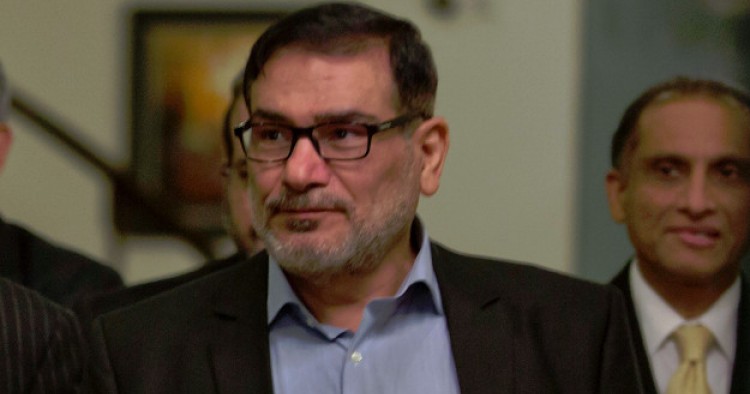Secretary of Iran’s Supreme National Security Council Ali Shamkhani ruled out the possibility of allowing foreign inspectors to visit Iranian military sites. “There is no nuclear activity or even research in any of the Islamic Republic of Iran’s military centers, and visits by the International Atomic Energy Agency (IAEA) over the past years have confirmed the issue,” he said. He further emphasized that the debate over “access to military sites has become an unnecessary and closed case.”
Separately, Iranian Foreign Minister Javad Zarif also stressed that Tehran is not open to renegotiate terms of the nuclear deal it signed with Washington and five other world powers two years ago. “The #JCPOA is not (re)negotiable. A "better" deal is pure fantasy. About time for U.S. to stop spinning and begin complying, just like Iran,” he tweeted.
Comment: Senior Iranian political and military officials have recently rejected a demand by U.S. Ambassador to U.N. Nikki Haley that U.N. inspectors visit Iran’s military sites to verify Iran is not running a covert nuclear program. “Nikki Haley is not in a position to make such a claim,” Brigadier General Amir Hatami, Iran’s defense minister, said on August 29. Mohammad Baqer Nobakht, President Hassan Rouhani’s spokesman, also emphasized that the country’s military sites were “no-go areas” for foreigners. Major General Hassan Firouzabad, a senior advisor to Supreme Leader Ali Khamenei, went a step further and said even Iranian officials are not permitted to visit the country’s sensitive military sites. Ali Akbar Velayati, another top aide to Khamenei, echoed a similar view. “The Americans should take their wish to the grave that they will be allowed to inspect our military institutions under the pretext of J.C.P.O.A.”
Last month, Haley visited the International Atomic Energy Agency (I.A.E.A.) office in Vienna to urge the international watchdog to inspect Iranian military bases. "As good as the IAEA is, it can only be as good as what they are permitted to see," Haley said after returning from Vienna. "There are also numerous undeclared sites that have not been inspected yet," she added. "That's a problem." She continued: "I have good confidence in the IAEA, but they are dealing with a country that has a clear history of lying and pursuing covert nuclear programs.”
The Middle East Institute (MEI) is an independent, non-partisan, non-for-profit, educational organization. It does not engage in advocacy and its scholars’ opinions are their own. MEI welcomes financial donations, but retains sole editorial control over its work and its publications reflect only the authors’ views. For a listing of MEI donors, please click here.













